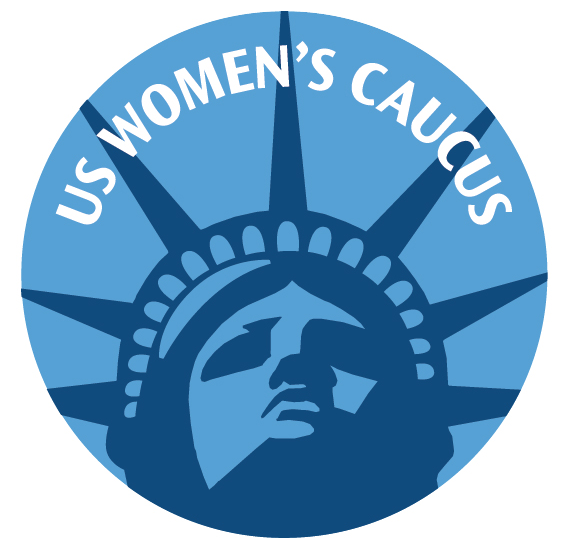Global Women’s Human Rights Agenda
Over the 75 years since its founding, the UN has set out comprehensive and detailed plans to advance gender equality. The global women’s human rights agenda is embodied in documents negotiated by UN member states that set out global norms for advancing human rights for women and girls. At its very beginning, the United Nations committed to gender equality as a founding principle, as stated in the UN Charter Preamble: “We the peoples of the United Nations, determined … to reaffirm faith in fundamental human rights, in the dignity and worth of the human person, in the equal rights of men and women, and of nations large and small…have resolved to combine our efforts to accomplish these aims.”
The United Nations declared an International Women’s Year (1975) and a UN Decade for Women (1976-1985) to examine the obstacles to women’s equal rights. The United Nations began the Decade in Mexico City with the First World Conference on Women, held the Second World Conference in Copenhagen in 1980, and closed the Decade with the Third World Conference in Nairobi in 1985. In 1995, a Fourth World Conference on Women was held in Beijing. Each of these conferences produced a consensus outcome document, negotiated by the UN member states, with detailed steps needed to advance women’s human rights. The most significant outcome document was the fourth one, the Beijing Platform for Action.
In 1979, as part of the UN Decade for Women, an international treaty on women’s human rights was developed, the Convention on the Elimination of All Forms of Discrimination Against Women (CEDAW). The CEDAW Committee monitors the treaty and issues General Recommendations to update the treaty with new understandings about gender equality.
To follow up on the Beijing Platform for Action, the UN Commission on the Status of Women negotiates consensus outcome documents at each annual session, the Agreed Conclusions. The Agreed Conclusions address a priority theme each year mentioned in the Beijing Platform for Action. For instance, in 2022 the Agreed Conclusions set out goals for advancing women’s human rights in the midst of climate change, and in 2023 they examined challenges in the area of gender and technology.
In 2021, UN member states made a new set of commitments with the Global Acceleration Plan for Gender Equality, the outcome document of the Generation Equality Forum.
These UN documents collectively comprise the global women’s human rights agenda, detailed plans, negotiated and agreed to by the UN member states, to advance the human rights of women and girls. The global feminist movement uses these documents to hold their governments accountable for commitments made in the international forum.
Resources
First World Conference on Women
Second World Conference on Women
Third World Conference on Women
